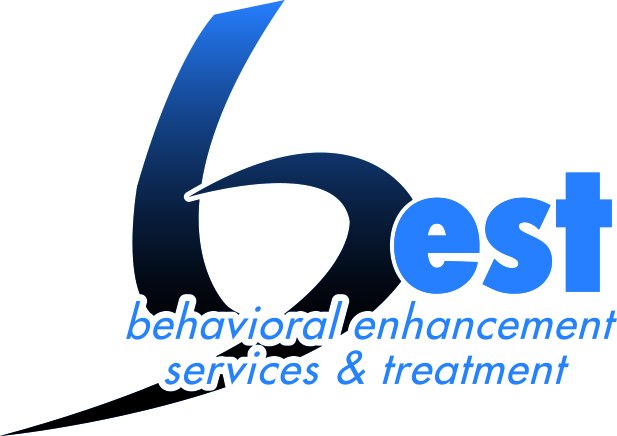For people living with mental illness, recovery and holistic wellness are now a reality thanks to advancements in treatment. With the right treatment, a patient’s life can improve significantly even when there are ongoing symptoms present.
Most studies support the use of more than one approach as more effective when compared to using only one type of treatment. But it all comes down to what you and your care team find works best.
Let’s look at the treatment options available today for treating mental illness.
Medication
Medications are prescribed on the premise that symptoms of mental illness occur due to chemical imbalances in the brain. While drugs can’t cure a condition, they can work on the imbalances helping to reduce the severity of the symptoms.
The medications are classified according to the disorder they are typically prescribed for. They include:
- Antidepressant Medications — these medications are used to treat depression, anxiety, and phobias.
- Antipsychotic Medications — these medications are used to treat psychotic disorders like schizophrenia, psychotic depression, and bipolar disorder.
- Anti-Anxiety Medications — they are used to treat anxiety disorders like panic attacks, extreme fear, and worry.
- Mood Stabilizers — these medications are used to treat bipolar disorder and other extreme mood-related disorders.
Psychotherapy
Psychotherapy, also known as “talk therapy” refers to a variety of treatments where a patient talks about their symptoms and behaviors with a mental health professional. By providing a safe and empathetic environment, the professional can identify the source of the problems and help the patient understand and cope with their symptoms.
Psychotherapy is effective in improving symptoms in many mental health conditions and is often combined with medication for even better recovery outcomes.
Psychotherapy techniques include:
- Cognitive Behavioral Therapy — a therapist helps a patient to identify unhealthy thought patterns that lead to self-destructive behaviors and work together to restructure them with realistic and positive thoughts.
- Interpersonal Therapy — the technique focuses on identifying negative social interaction patterns and finding practical ways to improve interpersonal relationships.
- Psychodynamic Therapy — a therapist assists in identifying unconscious patterns in thoughts, feelings, and behavior connected to the past and helping the patient overcome them.
Brain Stimulation Therapies
These therapies involve stimulating the brain directly through a series of electrical shocks or implants that stimulate the vagus nerve into releasing neurotransmitters that regulate mood thereby, relieving the symptoms. However, the treatments are typically reserved for patients with symptoms that don’t respond to medication or psychotherapy. They include electroconvulsive therapy, vagus nerve stimulation, and deep brain stimulation.
Complementary and Alternative Therapies
While complementary and alternative therapies fall outside conventional medicine, their efficacy lacks robust support from reliable studies in treating mental illness. Nonetheless, some patients report finding them helpful in alleviating certain symptoms.
The alternative therapies are placed into three categories:
- Physical Therapy — such as yoga, meditation, acupuncture, and pet therapy
- Nutraceuticals — examples include vitamin D and omega-3 fatty acids
- Herbal Remedies — such as St John’s wort, saffron, roseroot, and sage
Hospital or Residential Treatment Program
When your mental health condition deteriorates and you can’t take care of yourself, or you are in danger of harming yourself or others, seeking short-term hospitalization or residential treatment can help to stabilize the symptoms and keep you and others safe.
Contact B.E.S.T for Quality Mental Health Services
For expert guidance and insight into any mental health issue you’re dealing with, talk to our experienced therapists at Behavioral Enhancement Services & Treatment. We offer a range of quality mental health services that help you meet your recovery goals so you can live your best life. Contact us to schedule an appointment.





